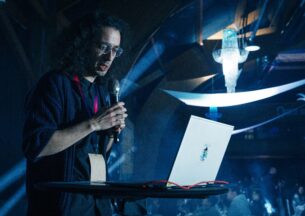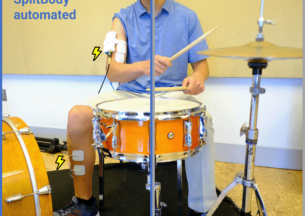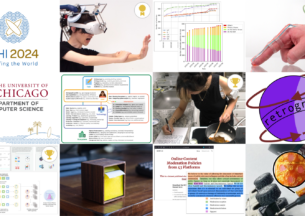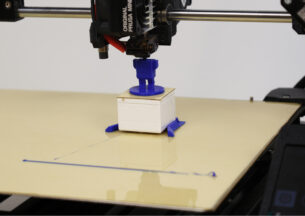PhD Student Huiying Li Named 2020 Facebook Fellow
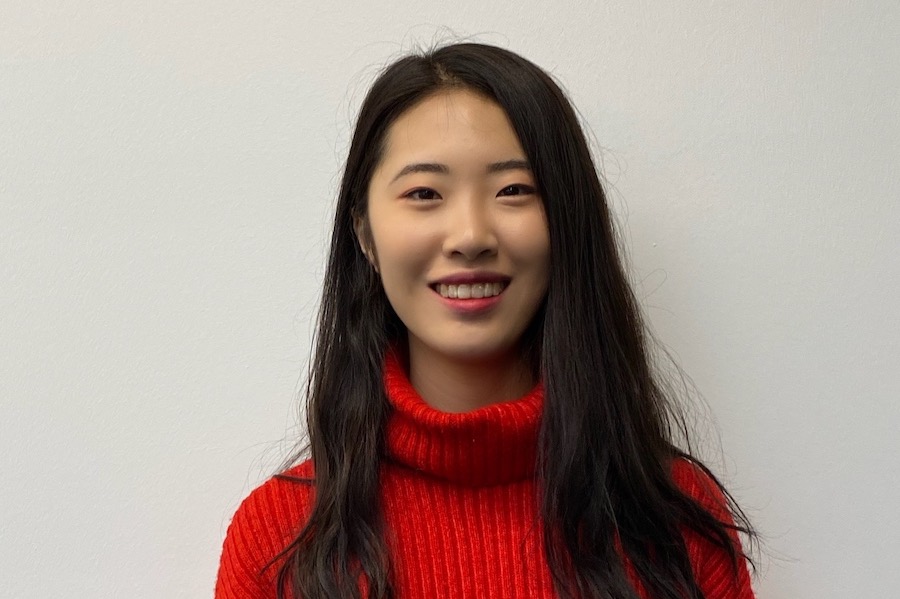
In just three years at the University of Chicago, PhD student Huiying Li has already studied security risks in machine learning, watermarks protecting deep neural networks, and technologies for “jamming” the microphones of nearby smart devices. That passion for privacy and security research set Li apart from over 1800 applicants for the 2020 Facebook Fellowship, which she received this month from the social media giant. Li is one of just 36 fellows in this year’s class, drawing from 22 universities, and is the first UChicago CS student to receive the award.
The fellowship provides Li with financial support for her research at UChicago CS, where she is part of SANDLab, the research group co-directed by Professors Ben Zhao and Heather Zheng. The program also includes an invitation to an exclusive Facebook Fellowship summit, and opportunities to interact with Facebook researchers and attend research workshops at the company.
After graduating from Fudan University in Shanghai, China, Li joined UChicago CS in the fall of 2017, choosing the program because of the recent arrival of Zhao and Zheng from University of California, Santa Barbara. She immediately joined a SANDLab project examining potential vulnerabilities in the deep neural networks used for facial recognition, self-driving vehicles, and other innovations, studying “backdoor attacks” that can be planted by hackers and triggered later. With fellow PhD student Emily Willson, Li has also studied the creation of immutable watermarks for deep learning models, protecting ownership of these increasingly powerful — and valuable — systems.
Li also joined a collaboration with UChicago CS Assistant Professor Pedro Lopes to design a wearable jammer device that interferes with microphones in nearby Internet-connected devices, such as Alexa or Google Home. That research will be presented this spring at the 2020 ACM CHI meeting in Hawaii.
Through the Facebook fellowship, Li hopes to have more opportunities to connect with researchers in industry and learn about real-world problems that will require further privacy and security research.
“The best thing about working with industry is they have real data and real problems to work on,” Li said. “I think it's valuable for a researcher to take a look at the industry and see today's real problems, because if you’re only working in academia, sometimes you lose track of all these real problems in the world.”


